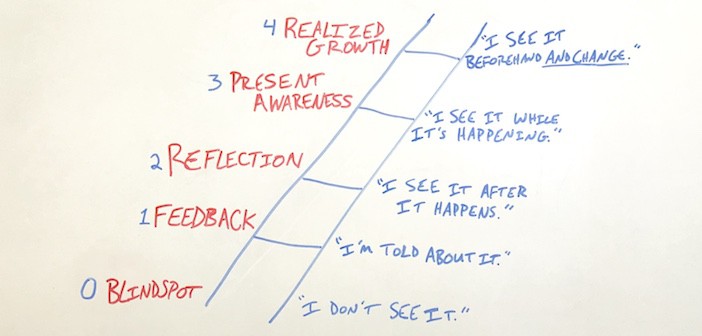 Last week I came across a book titled 13 Fatal Errors Managers Make and How You Can Avoid Them by W. Steven Brown. The title of Chapter 3, “Try to Control Results Instead of Influencing Thinking” really caught my eye and is where I began reading. In this chapter, Brown discusses the way employees view their personal abilities in relation to the tasks they are assigned. He writes that every individual has a personal rating of his abilities and a comparable rating of the difficulty of assigned tasks. When one’s rating of self is greater than his rating of a task’s difficulty, he has confidence in his abilities and expects success. Likewise, when his rating of self is less than his rating of a task’s difficulty, he will lack confidence and expect some level of failure. These points can be summarized by the following equations:
Last week I came across a book titled 13 Fatal Errors Managers Make and How You Can Avoid Them by W. Steven Brown. The title of Chapter 3, “Try to Control Results Instead of Influencing Thinking” really caught my eye and is where I began reading. In this chapter, Brown discusses the way employees view their personal abilities in relation to the tasks they are assigned. He writes that every individual has a personal rating of his abilities and a comparable rating of the difficulty of assigned tasks. When one’s rating of self is greater than his rating of a task’s difficulty, he has confidence in his abilities and expects success. Likewise, when his rating of self is less than his rating of a task’s difficulty, he will lack confidence and expect some level of failure. These points can be summarized by the following equations:
Rating of self’s ability > Rating of task’s difficulty = confidence and expected success
Rating of self’s ability < Rating of task’s difficulty = doubt and expected failure
One of our goals as leaders/managers is to develop the abilities of followers/employees. Often this development is encouraged with the assignment of tasks that an employee may rate as higher in difficulty than his personal ability, in an attempt to stretch his abilities to a new level. In doing so, the rating of self”s ability is then below the rating of task’s difficulty, creating some level of doubt in the employee. A natural managerial reaction to this doubt is to attempt to decrease the employee’s rating of a tasks difficulty, saying things like, “This really isn”t as difficult as you think right now” or “Once you get it started, it will basically run itself.” Unfortunately, attempting to decrease one’s rating of a task’s difficulty is often futile and is a missed opportunity to inspire personal confidence within an employee, hindering the growth process. Regarding this, Brown says the following:
“How do we influence our employees” thinking? Not by trying to sell them on the fact that they can do the job more easily than they think…Words alone will not change the person’s perception as to the degree of difficulty of the task. You see, our only real hope lies in changing that person’s perception of self.” (page 43)
In order to inspire an employee to do great things, we must convince him of his ability to do great things, rather than attempt to convince him of the ease with which great things can supposedly be done. Instead of turning mountains into molehills, we must turn people into giants. Instead of minimizing tasks, we must maximize individuals.
Think of an individual in your organization who often doubts his/her abilities. How do you generally respond to his lack of confidence? Do you minimize the task, making it out to be simple and menial? Or do you maximize the individual, encouraging his ability to do great things? What would this individual be capable of if he increased his rating of his personal ability?



